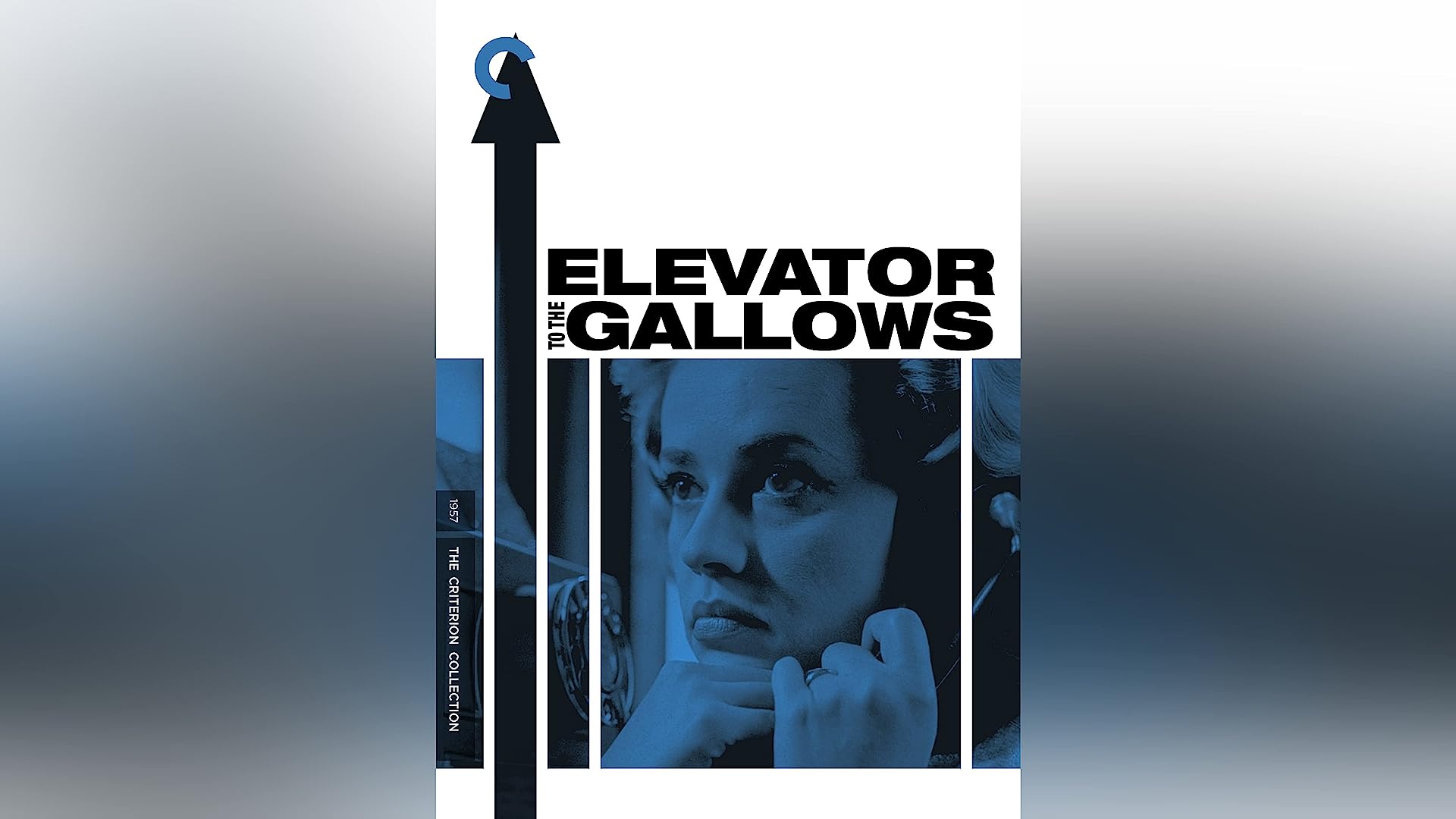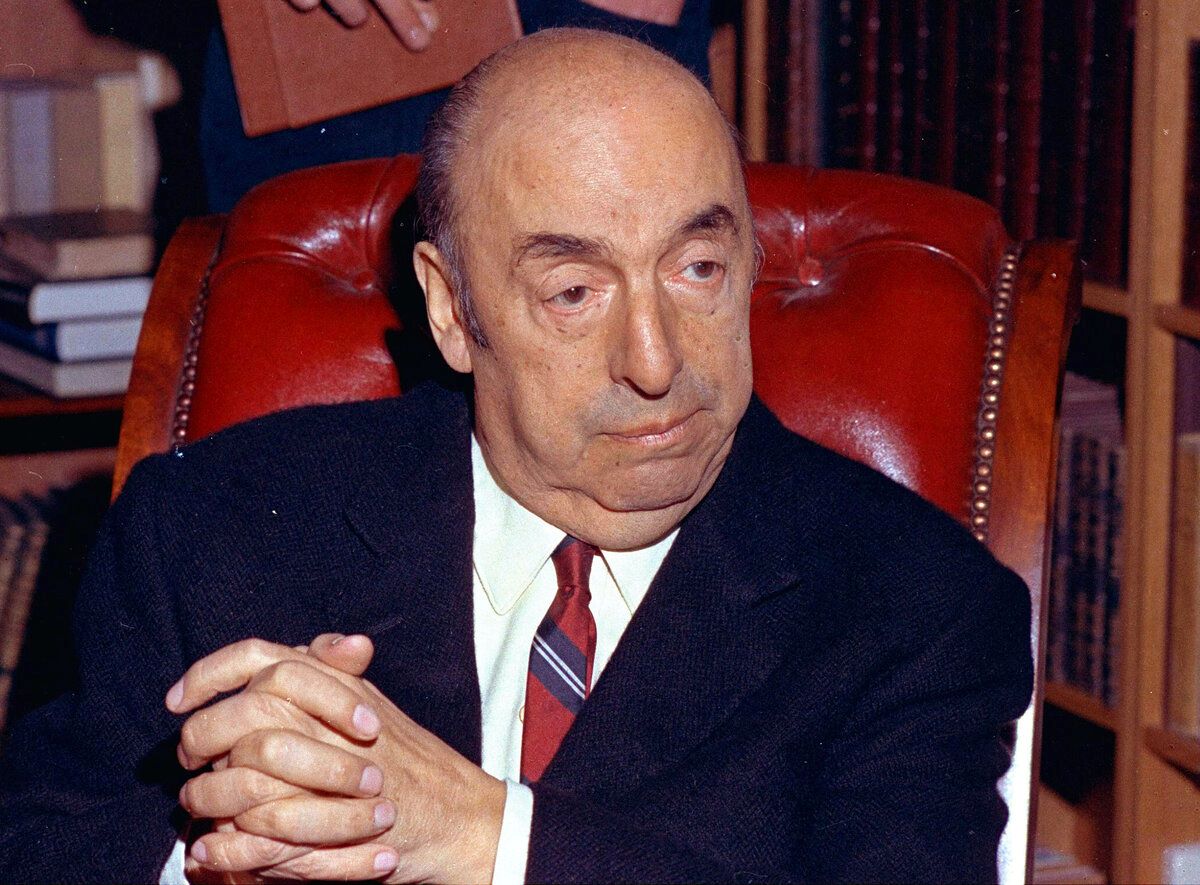
Elevator to the Gallows is a notable French film that captivated audiences with its gripping storyline and masterful direction. Released in 1958, this classic noir crime thriller holds a special place in the history of cinema, showcasing the talents of renowned director Louis Malle and featuring an atmospheric score composed by the legendary jazz musician Miles Davis.
In this article, we will explore 48 fascinating facts about Elevator to the Gallows, taking a deep dive into the film’s production, reception, and enduring legacy. From the creative choices made by Malle to the memorable performances of the cast, we will uncover the secrets behind this thought-provoking and influential masterpiece.
Key Takeaways:
- Elevator to the Gallows is a classic French film noir directed by Louis Malle, featuring a mesmerizing jazz soundtrack by Miles Davis and a gripping storyline set over one intense night.
- The movie explores themes of crime, fate, and existential questions, captivating audiences with its emotional depth, iconic visuals, and unforgettable ending.
The film was directed by Louis Malle
Elevator to the Gallows, known as Ascenseur pour l’échafaud in French, was directed by the renowned French director Louis Malle.
Elevator to the Gallows is a French film noir
The movie is considered a classic example of French film noir, known for its dark and suspenseful elements.
The film was released in 1958
Elevator to the Gallows made its debut in 1958, captivating audiences with its gripping storyline and innovative filmmaking techniques.
The screenplay was co-written by Roger Nimier
Roger Nimier collaborated with Louis Malle in writing the screenplay of Elevator to the Gallows, bringing their creative vision to life.
The movie features a mesmerizing jazz soundtrack
Elevator to the Gallows is widely acclaimed for its entrancing jazz score composed by Miles Davis, adding depth and intensity to the film.
Jeanne Moreau stars as the lead actress
Renowned French actress Jeanne Moreau delivers a captivating performance in the film, solidifying her status as a cinema icon.
The movie takes place over the course of one night
Elevator to the Gallows unfolds throughout a single night, creating a sense of urgency and tension as the story unfolds.
The film explores themes of crime and fate
Elevator to the Gallows delves into the dark world of crime and the twists of fate that ultimately shape the characters’ lives.
The cinematography is visually striking
The film’s cinematography, done by Henri Decaë, showcases stunning visuals and masterful framing that enhance the overall mood of the movie.
Elevator to the Gallows is known for its emotional intensity
The movie grips audiences with its emotional depth, exploring the complex inner lives of its characters in a profound way.
It was shot in black and white
Elevator to the Gallows was filmed in classic black and white, adding to its timeless and atmospheric appeal.
The film is a unique blend of genres
Elevator to the Gallows seamlessly combines elements of film noir, crime, and romance, creating a distinct and captivating cinematic experience.
The movie was based on a novel
The film was adapted from the novel of the same name written by Noël Calef, showcasing a compelling narrative that translates seamlessly to the silver screen.
Elevator to the Gallows was critically acclaimed
The movie received widespread critical acclaim for its innovative storytelling, stellar performances, and atmospheric direction.
The film was a box office success
Elevator to the Gallows garnered commercial success, attracting audiences with its gripping story and artistic merits.
Louis Malle was only 25 years old when he directed the film
The incredible talent showcased by Louis Malle at such a young age is a testament to his artistic vision and storytelling prowess.
The movie explores existential themes
Elevator to the Gallows delves into existential questions and the human condition, provoking thought and introspection among viewers.
The film’s title holds symbolic significance
The title “Elevator to the Gallows” serves as an allegory for the characters’ descent into darkness and their impending doom.
Elevator to the Gallows was a breakthrough for French cinema
The film’s innovative storytelling and stylistic choices contributed to the revitalization of French cinema during the late 1950s.
It has inspired other filmmakers
Elevator to the Gallows has had a lasting impact on cinema, influencing other filmmakers with its groundbreaking techniques and narrative approach.
The movie has a suspenseful and gripping storyline
Elevator to the Gallows keeps audiences on the edge of their seat with its intricate plot and unexpected twists.
The film showcases the seedy underbelly of society
Elevator to the Gallows exposes the dark and gritty aspects of human nature, painting a realistic and unflinching picture of society.
It explores the complexities of relationships
The movie delves into the complexities of love, betrayal, and desire, unraveling the intricate dynamics between its characters.
The film created a deep emotional impact on audiences
Elevator to the Gallows resonates with viewers on an emotional level, leaving a lasting impression long after the credits roll.
The movie received international recognition
Elevator to the Gallows was celebrated not only in France but also gained recognition on the global stage, cementing its status as a cinematic masterpiece.
It showcases the nuances of French culture
Elevator to the Gallows provides a glimpse into the cultural milieu of 1950s France, capturing the essence of the time period with authenticity.
The film’s narrative is filled with suspense
Elevator to the Gallows keeps the audience guessing with its intricate and suspenseful storyline, leading to a thrilling climax.
The movie features mesmerizing performances
From the lead actors to the supporting cast, Elevator to the Gallows presents mesmerizing performances that bring the characters to life.
It defies traditional storytelling conventions
Elevator to the Gallows challenges narrative norms and embraces unconventional storytelling techniques, making it a compelling and thought-provoking watch.
The film captures the essence of film noir
Elevator to the Gallows embodies the dark and atmospheric qualities of film noir, transporting viewers into a world of mystery and intrigue.
The movie remains relevant even today
Elevator to the Gallows continues to captivate new generations of viewers with its timeless themes and innovative filmmaking.
It was one of Louis Malle’s early directorial works
Elevator to the Gallows marked an early milestone in Louis Malle’s illustrious career, paving the way for his future successes.
The film’s score is iconic
The haunting jazz score composed by Miles Davis has become synonymous with the film and is celebrated as a standalone masterpiece.
It showcases the power of visual storytelling
Elevator to the Gallows demonstrates the artistry of visual storytelling, utilizing cinematography and editing techniques to convey emotions and create tension.
The movie’s dialogue is evocative
Elevator to the Gallows features thought-provoking and evocative dialogue that adds depth to the characters and enhances the overall viewing experience.
It balances suspense and romance
Elevator to the Gallows masterfully blends elements of suspense and romance, creating a unique and compelling narrative.
The film’s runtime is 90 minutes
Elevator to the Gallows effectively tells its captivating story within a tight 90-minute timeframe, keeping the pacing engaging and the audience enthralled.
It showcases the beauty and mystique of nighttime Paris
Elevator to the Gallows presents the city of Paris in a new light, capturing its allure and enchantment during the nighttime hours.
The film’s ending is unforgettable
Elevator to the Gallows concludes with a powerful and unforgettable ending that lingers in the minds of viewers long after the credits roll.
It explores the consequences of actions
Elevator to the Gallows delves into the repercussions of the characters’ choices and actions, highlighting the impact they have on their lives.
The movie has a distinctive visual style
Elevator to the Gallows possesses a distinct visual style, characterized by its moody lighting and composition that adds to the film’s overall atmosphere.
It was a breakout role for Jeanne Moreau
Elevator to the Gallows helped propel Jeanne Moreau’s career, establishing her as one of the most talented actresses of her generation.
The film’s pacing keeps audiences engaged
Elevator to the Gallows maintains a gripping pace throughout, ensuring that viewers remain captivated from start to finish.
It explores the desperation of its characters
Elevator to the Gallows delves into the depths of desperation, showcasing the extremes that individuals are willing to go to in dire circumstances.
The movie incorporates elements of film noir lighting
Elevator to the Gallows artfully uses lighting techniques characteristic of film noir, enhancing the visuals and creating a sense of mystery and tension.
It showcases the talent of French cinema
Elevator to the Gallows exemplifies the prowess and artistry of the French film industry, solidifying its place in cinematic history.
The film’s narrative unfolds in a non-linear manner
Elevator to the Gallows employs a non-linear narrative structure, adding complexity and intrigue to the storytelling.
It has stood the test of time
Elevator to the Gallows remains a timeless masterpiece, appreciated by cinephiles and regarded as a significant contribution to the world of cinema.
Conclusion
Elevator to the Gallows is a classic French film that has captivated audiences since its release in 1958. With its gripping storyline, intense performances, and masterful direction by Louis Malle, this movie has left a significant mark in cinema history. From its innovative use of jazz music to enhance the suspenseful atmosphere to its stunning black and white cinematography, Elevator to the Gallows showcases the talent and creative vision of its creators.
With a blend of romance, crime, and existential themes, Elevator to the Gallows offers a unique cinematic experience that continues to resonate with viewers to this day. Whether you’re a fan of French New Wave cinema or simply appreciate a well-crafted thriller, this movie is a must-watch for all film enthusiasts.
FAQs
Q: Who directed Elevator to the Gallows?
A: Elevator to the Gallows was directed by Louis Malle.
Q: What is the genre of the film?
A: The film falls under the genres of crime, drama, and thriller.
Q: When was Elevator to the Gallows released?
A: The movie was released in 1958.
Q: Is Elevator to the Gallows a foreign language film?
A: Yes, the movie is in French with English subtitles.
Q: Can you tell me more about the film’s soundtrack?
A: The film features an iconic jazz score composed by Miles Davis, which adds to the overall atmosphere and tension of the movie.
Q: How long is the film?
A: The runtime of Elevator to the Gallows is approximately 1 hour and 31 minutes.
Q: Are there any notable performances in the movie?
A: Jeanne Moreau delivers a memorable performance as Florence Carala, adding depth and complexity to her character.
Q: Has Elevator to the Gallows received any awards or recognition?
A: The movie has been praised by critics and has received several awards and nominations, solidifying its status as a cinematic masterpiece.
Q: Where can I watch Elevator to the Gallows?
A: The movie may be available for streaming on various platforms or can be purchased or rented from online marketplaces or local video stores.
Q: Is the film suitable for all audiences?
A: Elevator to the Gallows contains themes and scenes that may not be suitable for younger viewers. It is advised to check the film’s rating or content warnings before watching.
If you're fascinated by the works of director Louis Malle, check out our article on his compelling drama "Lacombe Lucien." For fans of gritty crime thrillers, don't miss our piece on Clint Eastwood's iconic "Dirty Harry." And if you're curious about the man behind Elevator to the Gallows' unforgettable soundtrack, explore our article on the legendary Miles Davis.
Was this page helpful?
Our commitment to delivering trustworthy and engaging content is at the heart of what we do. Each fact on our site is contributed by real users like you, bringing a wealth of diverse insights and information. To ensure the highest standards of accuracy and reliability, our dedicated editors meticulously review each submission. This process guarantees that the facts we share are not only fascinating but also credible. Trust in our commitment to quality and authenticity as you explore and learn with us.


